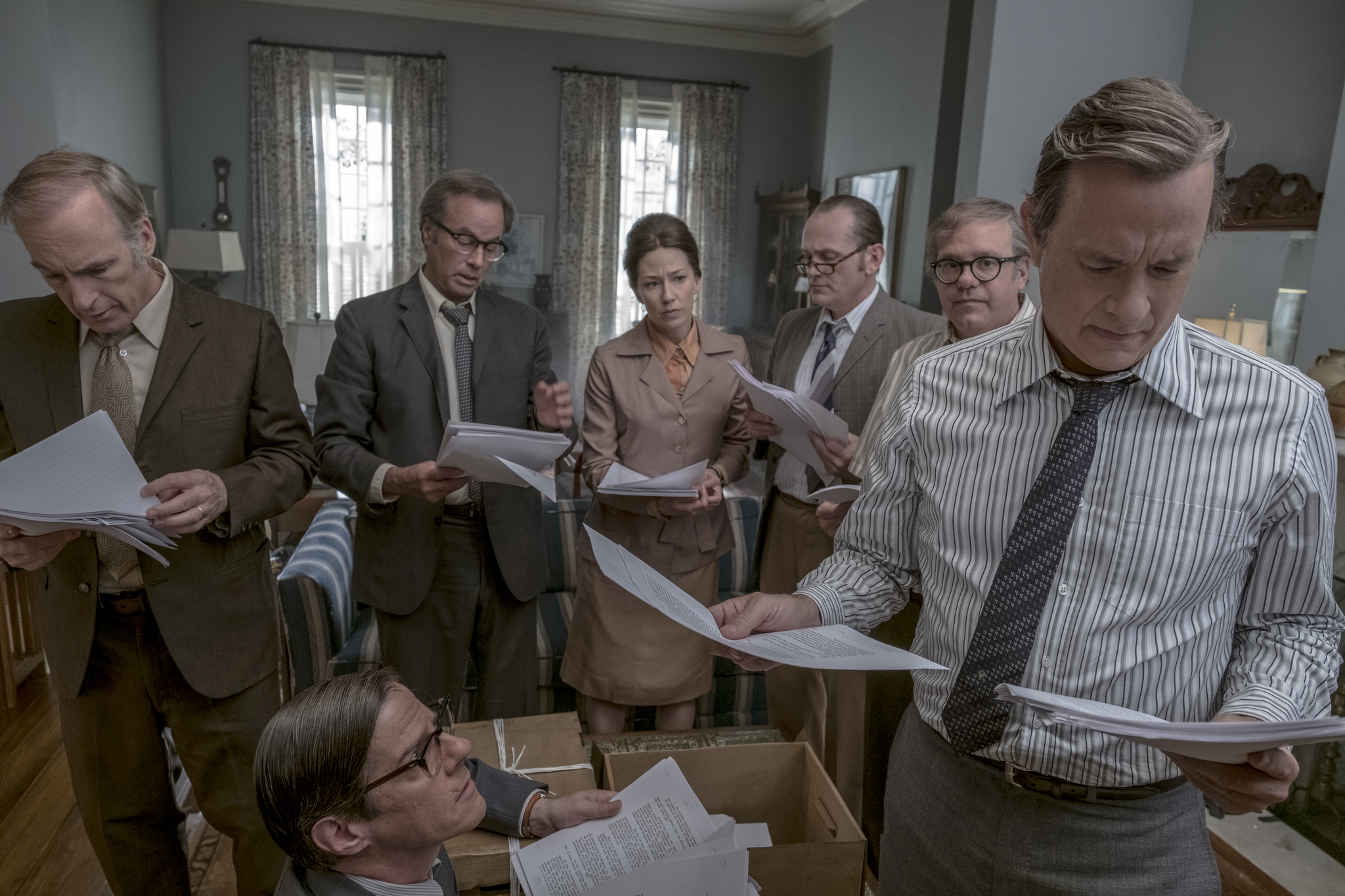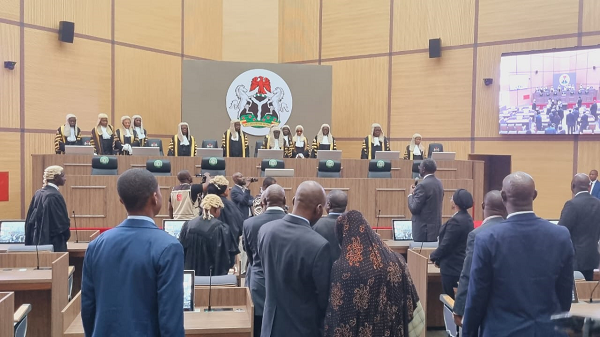NOR_D14_061617_026541.raf
In Political Science 101, these are the first concepts you are thought. Power, its separation, freedom and its relations to the state and ultimately the people.
I just finished watching a movie, The Post, which detailed the issues that led to the publishing of top government studies on the Vietnam War by the Washington Post.
As I watched, I smiled because I could see the concepts all interplaying amongst the various forces.
The overriding issues were Security vs Press Freedom. The government felt that publishing the papers would jeopardize the troops and national security but the papers thought otherwise that not publishing would set a precedence and undermine press freedom.
Advertisement
Under these major issues there are other less important but also very critical issues.
Like the relationship between the shareholders, board, publisher and editor of a major newspaper in relations to the power equation each party holds on one hand and also the relations between them and the government on the other and then their obligation to the nation and its people.
So in this case, the Washington Post was going through tough financial times and the board had decided to go public.
Advertisement
Investors were not exactly jumping on the offer because the figures were not that exciting and again they were not comfortable because the publisher was female having been handed over the firm by her late husband. Pulling in sex relations.
So as they struggled to pull in the offer, the New York Times got barred for publishing damnming information about the war efforts for seven days.
This was unprecedented. Press freedom was in shackles and the editorial crew at the Washington Post who had also come in much more comprehensive reports which showed that the Nixon White house had lied all along about the war efforts and needed to publish.
The battle line was set. The shareholders and financial advisers were against publishing. The editorial crew felt very strongly that if they didn’t publish press freedom would be forever killed and Nixon would become a democratic dictator.
Advertisement
I listened very intently to all the arguments. All sides had very strong points. The government didn’t want to jeopardize the lives of the soldiers and lose credibility in the eyes of allied governments whose secrets would be seen as no longer safe in their hands.
I watched to see if the publisher would bully the editor. She listened to all sides and asked the editor what he thought.
The advisers threw very strong business and finance positions but the editors stood their ground on the side of press freedom.
Then at some point, they all gathered in one room and it was now for the publisher to take a position.
Advertisement
She was expected to take a business position to save the jobs of hundreds of employees and a family business that has stayed with generations.
The editor threatened to resign with his team and the government threatened to dump the espionage act on all of them and send them to jail.
Advertisement
The destiny of the United States of America was now firmly on the fragile shoulders of this woman.
She looked at the editor and asked, ‘How do we guarantee press freedom if we don’t have a paper?’
Advertisement
She walked into her room and cried. Was she going to preserve the company and lose the nation or was she going to stand with the people.
Remember she had friends in government. The Secretary of State Bob McNamara was a close family friend and one of her longest serving staff before he went into government.
Advertisement
He was in the heat and he went in with emotional blackmail – ‘Kay, I served your husband. Will you watch me go?’
She walked back into the room and stared at all of the men – business, journalists and government and said: ‘Go ahead. Publish.’ With those words and action she guaranteed press freedom, the sanctity of democracy and brought the war to an end.
I highly recommend this movie to all democracy lovers so you can see the interplay of forces and the roles with which all of us would have to continually play to secure our collective freedom.
Are our publishers free to run their businesses, do they in turn give the media men the freedom to do their jobs?
Does the Government respect the media as the fourth estate of the realm and much more importantly are our freedoms guaranteed?
The Post is the name of the film and Tom Hanks was the actor and it was directed by Stephen Spielberg
Watch it.
Views expressed by contributors are strictly personal and not of TheCable.
Add a comment







